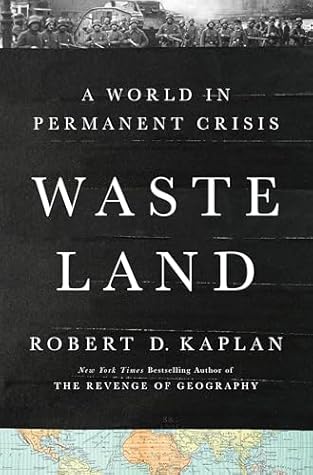More on this book
Community
Kindle Notes & Highlights
Read between
February 1 - February 8, 2025
The Revolt of the Masses,
Owning the latest device is not a natural right; neither is getting delivery of your favorite new product in twenty-four hours, or constantly being entertained in general. These have become things we now expect, but are, in fact, results of a highly evolved and therefore ever more fragile civilization. This is how civilization eventually dies. It is just such a soporific reality that political extremists will revolt against.
Mass men are particularly prone to extreme political ideologies, warned the 20th-century diplomat and foreign policy realist Robert Strausz-Hupé,
Yet, as Camus writes in The Rebel, it is in man’s nature to revolt.
And the revolt may come when things go wrong, when life is suddenly not convenient for the mass man.
Chaos can also grip postmodern technological societies, where revolt takes the form of primitive paroxysms, embracing lies or violence or both, in a reaction against soulless technocracy and the tyranny of crowds that demand perfect virtue.
Communism and fascism are never actually dead, but only in occultation.
The late Polish-born Israeli historian Zeev Sternhell defined fascism as, in part, a revolt against “the life of the great cities, which was dominated by routine, with no room for heroism.”
It is the very soulless, effete, and postmodern urban civilization that has been growing up all around us that, it turns out, may provide fertile soil for fascism, by providing it with an environment it can rally against. Communism, too, or some variation of it, may find a sort of rebirth, only because it idealizes the romantic and seemingly virtuous left-wing extreme, and is thus suited to the 21st-century crowd.
My point is that the more conformist postmodern urban civilization forces us to become, the more often we will face revolts from the new-old zealotry of the Right and Left.
So what of the West, at least as we revere it, obviously without the perversions of totalitarian ideologies? What about the survival of individual thought? The yearning to escape from the crowd? For that is what the West, in the healthiest sense, is ultimately about, and what throughout the centuries has given Western civilization its peculiar power and dynamism. The West wrested the individual from the group, gave him or her autonomy, and thus gave birth to freedom.
This is what we are up against—again, the natural process of history that will undermine and dilute the West, and all it stands for. As globalization naturally plunges the West into the crosscurrents of other civilizations, and extreme forms of identity politics trample the rights of the individual, historic liberalism now has the task of infinitely postponing Herzen’s vision.
Combatting the folk and the mob, cultivating moderation in both foreign and domestic policy amid incipient global anarchy and roiling geopolitics caused by the decline of the great powers, is at root about being a liberal.
liberals must seek their ends in moderation, or else national cultures themselves are threatened by individual rights run amok.
Even if the trends are bad, as I have certainly enumerated, better and worse outcomes are always available.
Indeed, precisely because Spengler’s historical perspective is so long and broad, urban civilization, as we know it, may yet find renewal and have more miles to run.
The direction of history is unknowable. There is no such thing as automatic linear progress. Thus, we have no choice but to fight on, as the outcome is not given to any of us in advance. Weimar boasted many liberals and a true intellectual flowering. There was much hope in Weimar, but insufficient order. Avoiding Weimar’s fate now constitutes the ultimate labor for the world.


